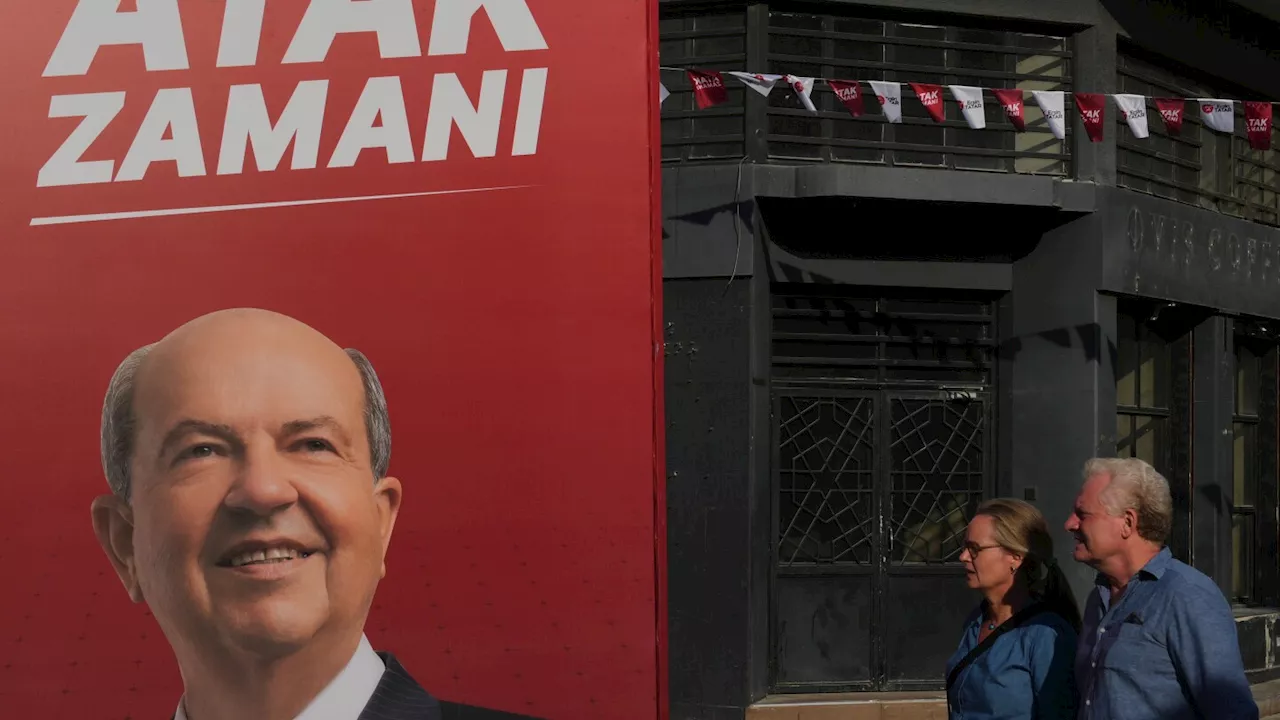On March 3, 2024, voters in the Turkish Republic of Northern Cyprus (TRNC) are participating in a crucial presidential election that could significantly shape the region’s future. The election pits the incumbent, Ersin Tatar, against the center-left candidate Tufan Erhurman, with the outcome likely to determine whether the TRNC aligns more closely with Turkey or seeks improved relations with the European Union.
Election Stakes and Candidate Profiles
This electoral contest is not just a routine political event; it represents a stark choice between two contrasting visions for the future of the TRNC. Tatar, a hard-right politician, advocates for a permanent division of the island, maintaining strong ties with Turkey, which has historically supported the TRNC. In contrast, Erhurman promotes a more balanced approach, aiming for closer connections with Europe and advocating for a federated solution that could reunite the island.
Approximately 218,000 registered voters will cast their ballots in this election, which serves as a reflection of their aspirations for international relations and governance. If no candidate secures an absolute majority, a runoff election will be held. The stakes are high, as the TRNC has faced various economic and political challenges, and the choice of leadership could either exacerbate or alleviate these issues.
Public Sentiment and Regional Implications
Public sentiment is deeply divided, with many Turkish Cypriots feeling the impact of their leaders’ foreign policy decisions on daily life. Those favoring closer ties with Turkey often cite economic benefits and security guarantees, while proponents of European alignment argue for increased investment and integration into the broader European community.
This election is noteworthy not only for its immediate implications but also for its potential to reshape the geopolitical landscape of the Eastern Mediterranean. The TRNC, internationally recognized only by Turkey, stands at a crossroads, and the decision made by voters on March 3 could have lasting effects on the island’s future.
As the polls open, both candidates have ramped up their campaigns, with Tatar emphasizing his government’s achievements and Erhurman appealing to younger voters who may favor a more progressive and EU-oriented agenda. The results of this election could redefine the relationship between the Turkish Cypriots and the international community, making it a pivotal moment in the region’s history.
In summary, the upcoming presidential election in the TRNC is not just about choosing a leader; it is a defining moment for the future of Turkish Cypriots and their place in the wider world. With the options laid out before them, voters will determine the path their community takes in the years to come.





































































